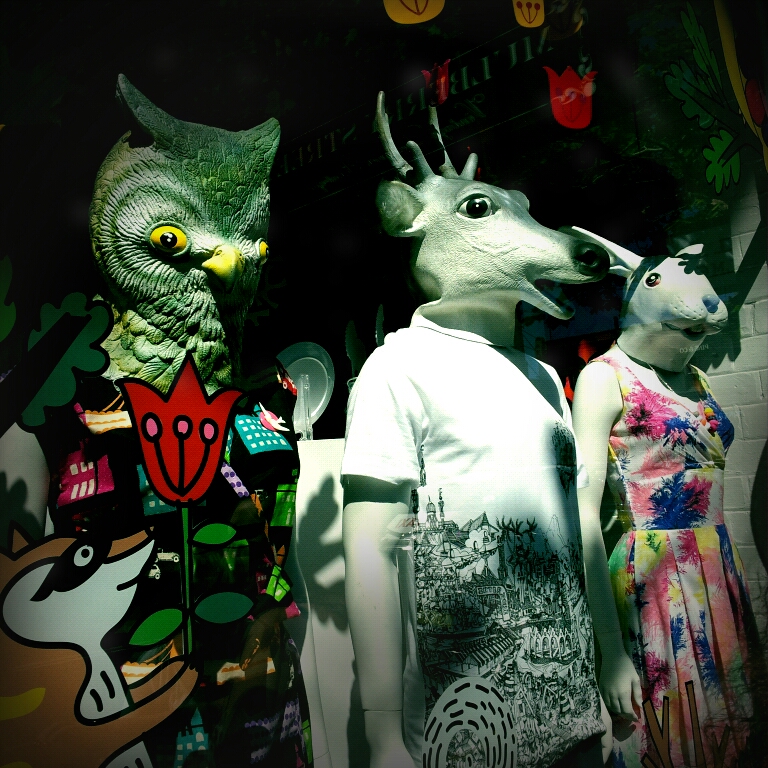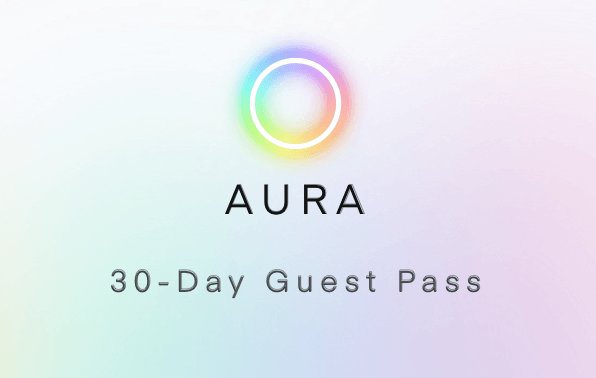Evil does not exist ontologically. And that’s why it’s so powerful – because it’s so parasitic on our deepest desires – and why so oftentimes the most profound evils that are perpetrated are done in the name of the good. If God does not exist – at least the God we worship and Jesus Christ – then evil becomes far too necessary to make our lives coherent. And we therefore, we produce it in ways that I think become quite literally demonic. And I think we live in that kind of world. Stanley Hauerwas, Gilbert T. Rowe Professor of Theological Ethics at Duke University
“Das Nichtige ist nicht das Nichts” (Nothingness is not nothing). Karl Barth, Theologian, 1886-1968
The idea of the devil has always been more resonant to me than any evocation of God. Perhaps that is attributable to the actor in me being attracted to more interesting characters. I am not a person of faith. I am not a believer. God and Satan are characters to me. Creations. Effective and vivid representations of dark and light. Polar reference points with which humanity orients its moral self and dichotomises the universe.
In my own micro-universe growing up in rural Ireland the devil as evil incarnate struck a deep chord in my imagination and his various guises entered my subconscious effortlessly in ways that God did not. I believe now that I intuitively trusted the greater good of the world and of the people around me to such an extent that I didn’t crave the presence of a higher power. The goodness and beauty of the world was much in evidence to me and I accepted it unquestioningly. But I left a space into which The Devil was invited. Not really invited but rather the door was deliberately left unlocked because – what was the point of trying to deny entry to something so powerful? If he so chose, he was going to get in one way or another. Allow me to clarify here that his embodiment was merely counterpoint, a silhouette just out of sight, a shudder of the spine. There were no exhortations to act. No being lead into temptation. It was more a reminder not to fully relax. A voice that said “You’re not alone. I’m here. I’m watching.”
Apart from occasionally featuring in nightmares, I have two particularly clear ‘memories’ of his discomfiting closeness. The first was a construct of my imagination that neatly combined an actual memory with a dreamscape and then blurred the lines sufficiently so I could never quite remember its actual origin. The setting was an extended family picnic in a local wood which was, for the sake of my memory, either right outside my childhood home or else a hybrid with another nearby scenic spot aptly called ‘The Devil’s Glen’. A summer’s day, deciduous trees, sunlight coming through the foliage and the sounds of conversation and laughter of those with whom I felt safest. Somehow I found myself slightly distant from the group and seated on the forest floor to emphasise my smallness and vulnerability. The scene set and agreeably digested, an intense feeling of unease came over me. I looked to my left and in a filmic crash zoom the devil revealed himself from behind a tree and looked straight at me, red, bearded, horned and utterly demonic. And then he was gone. But the visual echo remained to haunt me. I knew it was a private revelation and I dared not speak about it for fear of giving it further power.
The second memory was more like an apparition spat forth by a long night of the soul I endured at a key moment in my life quite a few years ago. Post-acting school, I was living in London but against my better judgement had been persuaded to return to Ireland even though I feared it would cost me my relationship with my then girlfriend (it did) and a large degree of my autonomy and career trajectory (it did). As I lay in my bed in an obsessive and agonised torment over my dilemmas, my attention felt suddenly drawn to the window. It was the middle of the night and my upstairs room overlooked the back garden. There, cross-legged and hovering in mid-air, was a sinister blue figure who leered knowingly at me and silently dared me to meet his gaze. I could not. I was in no doubt as to the identity of my visitor and in that moment believed my sanity and happiness were coins rolling through his fingers. I closed my eyes and retreated deep inside myself until I eventually resurfaced to the relief of early morning. Was it an omen? Was he really there? More likely a projection of my fears and insecurities (well-founded, in retrospect!).
There’s been nothing like either of those experiences since but I retain an interest in things both diabolical and divine. Does the devil reside in each of us? Is the serpent from Eden constantly coiled on our shoulder, awaiting the first opportunity to flicker its tongue in our half-cocked ear? Conversely, is God walking invisibly beside us? Is he prodding and discombobulating the demon every time it’s poised to strike? I don’t think it is either as simplistic or literal as that. We have the potential to be good and we have the potential to be bad, or in more dramatic terms, evil. But what is evil, anyway? Is it sadism? Is it inflicting pain on those who cannot protect themselves? Is it being unmoved by the plight of others? Is it relishing being the agent of misery and suffering (like a parking-meter officer)? It becomes both relative and subjective. We all have different scales we apply depending on personal conviction and moral influence.
Around the time of the Second World War and the rise of Nazism the nature of evil became much more than an academic discussion. When the full horrors of Shoah, or the Holocaust, began revealing themselves to the world, there arose a clamour to sufficiently define the full extent of the evil that had been enacted in the name of the Third Reich. Hannah Arendt’s now infamous description of the ‘banality of evil’ got to the heart of the Nazis’ dehumanising acquiescence to ‘the Final Solution’ but in philosophical and theological terms it was unsatisfactory. Something was required that could encapsulate the moral vacuum that allowed such a world-altering genocide to have ever taken place. Something was needed to account for the atrocities that forever changed the way humanity regarded its capacity for evil. According to Swiss theologian Karl Barth, that something was Nothing.
A vocal opponent of Nazism which saw his expulsion from pre-war Germany, Barth finally delivered his verdict on evil and indirectly, the evil of the Holocaust, in the third part of the third volume of his Church Dogmatics (1950). Barth introduced the concept of Das Nichtige, or Nothingness. My understanding is that Barth saw the cosmos and everything in it as God’s creation. God’s work was an act of will. He elected to create the cosmos and he elected to create mankind. God is Creator, man is Creature and in Creation God allowed for opposition i.e. dark and light, wet and dry, hot and cold etc. God said ‘Yes’ to all He created. All He created was an act of His will. Anything that He did not create was therefore not a product of His will. In Barth’s concept, this is where Nothingness comes in. It exists as an entity which God chose to overlook. An entity that He chose not to create. It is a tricky and elusive concept to get one’s head around but Barth argued that it was this Das Nichtige that allowed evil entry into God’s world.
Evil as Nothingness. It’s a strange one. I think it might be understood as ‘the absence of God’. The space in which God does not reside. In Barth’s cosmology, God is still the Lord of Nothingness but Nothingness is not something He chose to Create. I interpret this as a concession on Barth’s part that evil (Nothingness) exists separate to God and is therefore unavoidable irrespective of your belief. It is on the strength of that supposition that Stanley Hauerwas, the other theologian quoted at the top of the page, asserts we live in a demonic world. He refuses to accept evil as its own entity but sees it very definitely as a parasite on humanity’s vulnerable conscience. Evil then, comes in demonic forms which reside in us. We let the demons in. I don’t have too much difficulty accepting this.
A friend of mine once described God as Love. I liked that idea a lot. If we can accept the idea that the presence of evil is the equivalent of the absence of God I think it is reasonable to argue that the absence of evil admits the presence of love. Think for a moment of how your own demons take hold of you. Do they not enter when you have abandoned love of yourself? Hauerwas above describes evil as being “parasitic on our deepest desires”. When we have no love for ourselves perhaps “our deepest desires” are for things we know are no good for us. We unconsciously crave our own obliteration, our own stumble into Nothingness. Hauerwas’s antidote to this demonic life is “the hard work of peace”. Peace is the love of God, the love of man and of course, the love of self.
We are all the battlegrounds of our own moral war. Choose Nothing and cede power to your demons. Choose Love and risk banishing them forever.
This post was inspired by ‘Encounter’, a religious programme on Australia’s ABC Radio National. The episode I recently caught discussed the nature of evil and its place in opposition to God and faith. Listen to it here.




Nice writing, brought it all together very well and makes too.much sense to ignore. Seeing the devil though, is this metaphoric?
No, not metaphorical but while I would hesitate to say he was literally there at the times I mentioned, he was nonetheless extremely real to me. It was my imagination and subconscious at work – for some reason I allowed the Devil to be present. I left a space for him in my world.
If that’s not too much…
[…] restored. My point is not that anger negates love, related themes of which I have touched on before here and here, but that in spite of the righteousness of my wife’s sentiments, I only agreed with […]